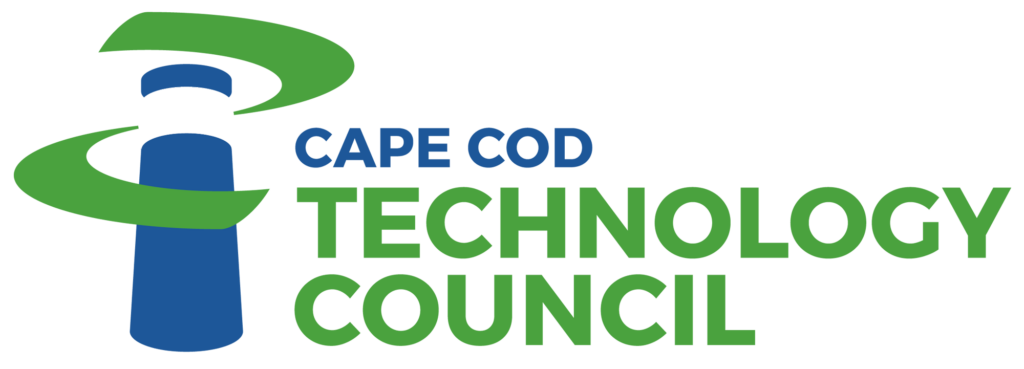The Committee was informed that Executive Office of Housing and Economic Development had not released the $887,000.00 contained in the Economic Development Bond Bill for installation of fiber in the towns or Barnstable, Falmouth, and Provincetown by the end of the fiscal year on June 30th. In discussing next steps, one committee member noted that since the fiber funding is not part of the Commonwealth’s operational budget, the June 30 deadline may not apply to the funding.
The Committee understands that Falmouth is still going forward with its feasibility study for community funded broadband deployment. The Falmouth Economic Development & Industrial Corporation has committed $50,000.00 to fund the study. As reported previously, the Falmouth group has requested and received support from the Technology Council.
In addition to this effort, the Committee understands that Falmouth has obtained a loan from Mass Development to assist in funding fiber deployment in the downtown area.
The Committee discussed barriers that might exist to deployment of fiber. One is a lack of understanding of the potential services that could be available after deployment. One example of this potential is in Yarmouth, where there is a large senior population and a high number of ambulance calls, and the Senior Center is deploying iPads to senior residents. Connecting medical communities that use Facetime appointments with the iPad recipients could reduce ambulance calls, and make it easier for residents to age in place.
Another barrier is funding for municipal broadband. A subcommittee was formed to look at funding models based on what’s worked in other towns.
Renewal of cable contracts was discussed. Several towns are in the process of renewing expiring contracts. As contract expiration dates approach, some Cape towns are surveying residents on Comcast’s cable performance. Chatham is beginning the process, and Falmouth has just completed their survey. The Committee was informed that the ability of towns to negotiate terms is limited because there is no practical competitive alternatives to existing provides.
Website accessibility
According to recent reports, courts appear to be more skeptical about claims that are being asserted. Nevertheless, the strongest position is to get compliant as quickly as possible. People who are trying to achieve compliance but haven’t gotten there yet are in the best position to defend themselves. Achieving compliance provides an argument that compliance makes the case moot, and showing that an effort was already in place before the suit shows commitment to keeping it compliant.
If you have a website that provides goods or services and you need a place to start, visit our page on ways to become ADA compliant.
